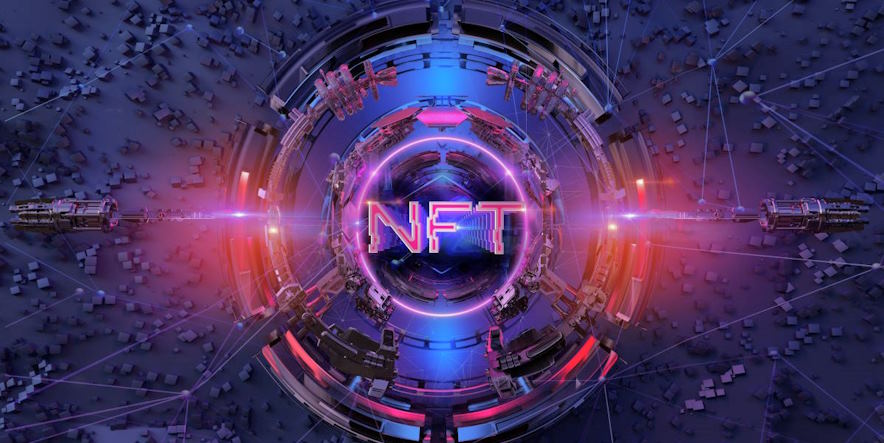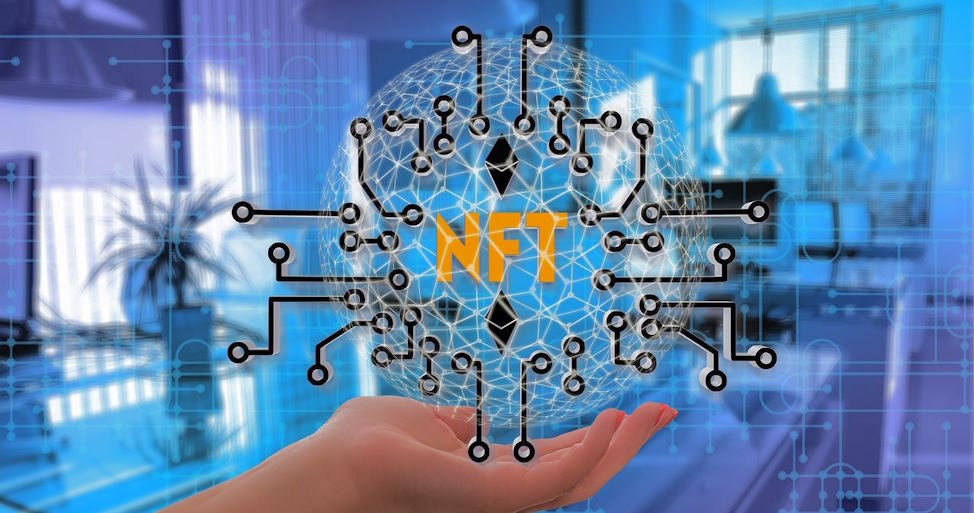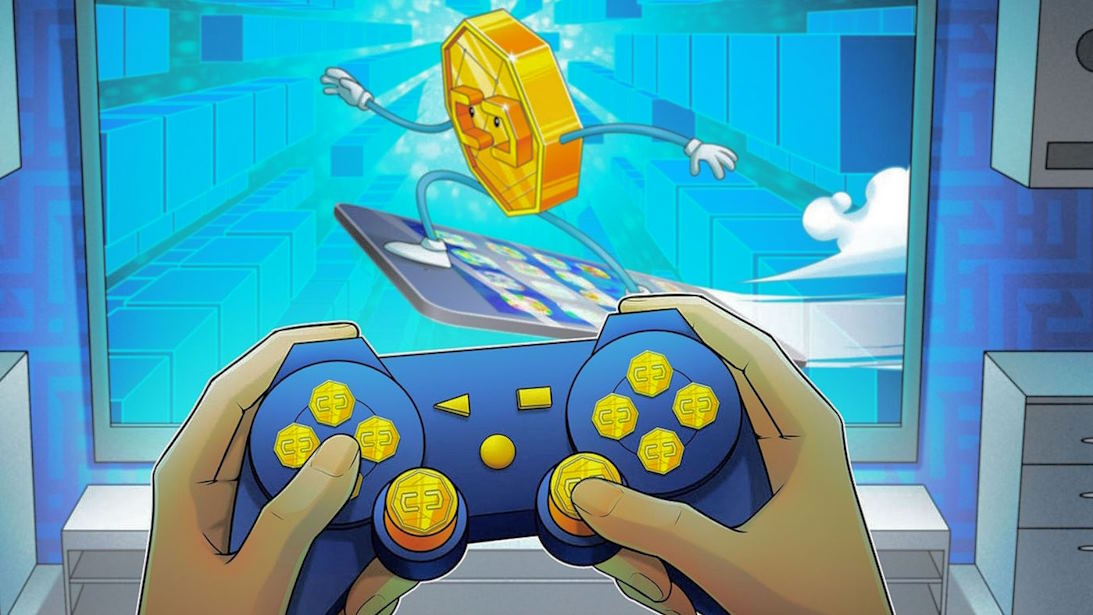Non-Fungible Tokens (NFTs), the digital certificates of ownership and authenticity, have ignited a revolutionary trend in the gaming industry by giving birth to NFT blockchain games. Beyond the realm of traditional gaming, these games blend cutting-edge blockchain technology with the concept of true ownership, enabling players to own, trade, and monetize in-game assets like never before.
The Fusion of NFTs, Gaming, and Virtual Realms
NFTs: Transforming Gaming Assets
In the dynamic world of gaming, Non-Fungible Tokens (NFTs) have emerged as the cornerstone of a new era. NFTs transform characters, items, and even parcels of virtual land into unique, ownable digital assets. Unlike traditional gaming where ownership remains within the confines of the game, NFTs enable players to have true ownership of in-game items, allowing for trade and customization like never before.

Spotlight on NFT Blockchain Games
Several NFT blockchain games have taken center stage, showcasing the potential of this innovative fusion. “Axie Infinity” introduces players to a world of adorable creatures called Axies that can be collected, bred, and battled, with each Axie backed by an NFT. “Decentraland” transports players to a decentralized virtual world where NFTs define ownership of land, letting players build, monetize, and socialize. These examples illustrate how NFTs reshape traditional gaming concepts, fostering unique experiences and ownership models.
Elevating Gameplay Through NFTs
NFTs add layers of depth to gameplay by introducing rarity and personalization. The scarcity of rare NFTs makes each one a prized possession, fostering competitive trading ecosystems. Customization flourishes as players showcase their distinctive collections, reflecting personal tastes and achievements. From rare weapons to exclusive wearables, NFTs introduce a dynamic economy that mirrors real-world markets, where supply, demand, and individual choices intertwine to shape the virtual landscape.
Unveiling the Economic Power of NFTs in Virtual Realms
NFTs: Pioneering Revenue Streams
The convergence of NFTs and virtual realms has given birth to a revolutionary revenue stream that benefits both gamers and developers. For gamers, NFTs provide the opportunity to not just play but also earn, as they can now trade valuable in-game assets for real-world currency. Simultaneously, developers tap into a new monetization avenue by receiving a percentage from each transaction involving their NFT-based creations, fostering a symbiotic relationship between creators and players.

Navigating the NFT Market within Virtual Realms
Creating, buying, and selling NFTs within virtual realms has evolved into an art of its own. Players can now own a piece of their favorite games by investing in unique NFTs, ranging from legendary weapons to virtual real estate. This flourishing market enables gamers to curate collections with items that hold personal significance, all while potentially appreciating in value over time. Selling these prized possessions to other players or collectors further strengthens the economic ecosystem.
The Economics Behind NFT Blockchain Games
The economics of NFT blockchain games are governed by principles akin to real-world markets. Scarcity drives value, with rare NFTs commanding premium prices due to limited supply. Player-driven demand, often fueled by competitive gameplay and social status, influences prices dynamically. Valuation becomes an intricate dance of rarity, utility, and personal preference. As NFT blockchain games continue to grow, the balance between supply, demand, and perceived value becomes a captivating interplay that mirrors traditional economics but within the boundaries of virtual reality.




